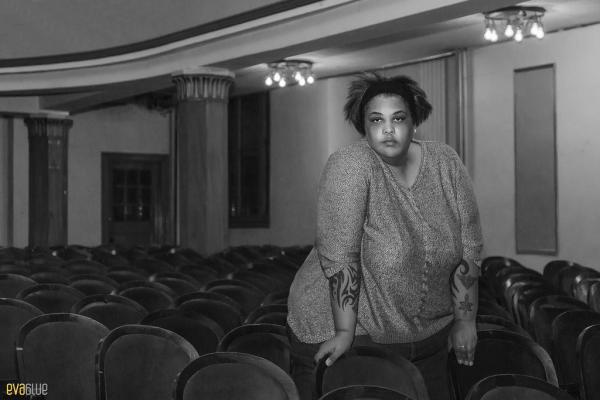Jul 17, 2017
Gay is a true prophetic voice. She laments her life, her trauma, and her weight. She doesn’t promise victory but speaks to the pain that so many people feel: victims and survivors of sexual violence, bisexual people, fat people, and lonely people.
Read the Full Article

Already a subscriber? Login
